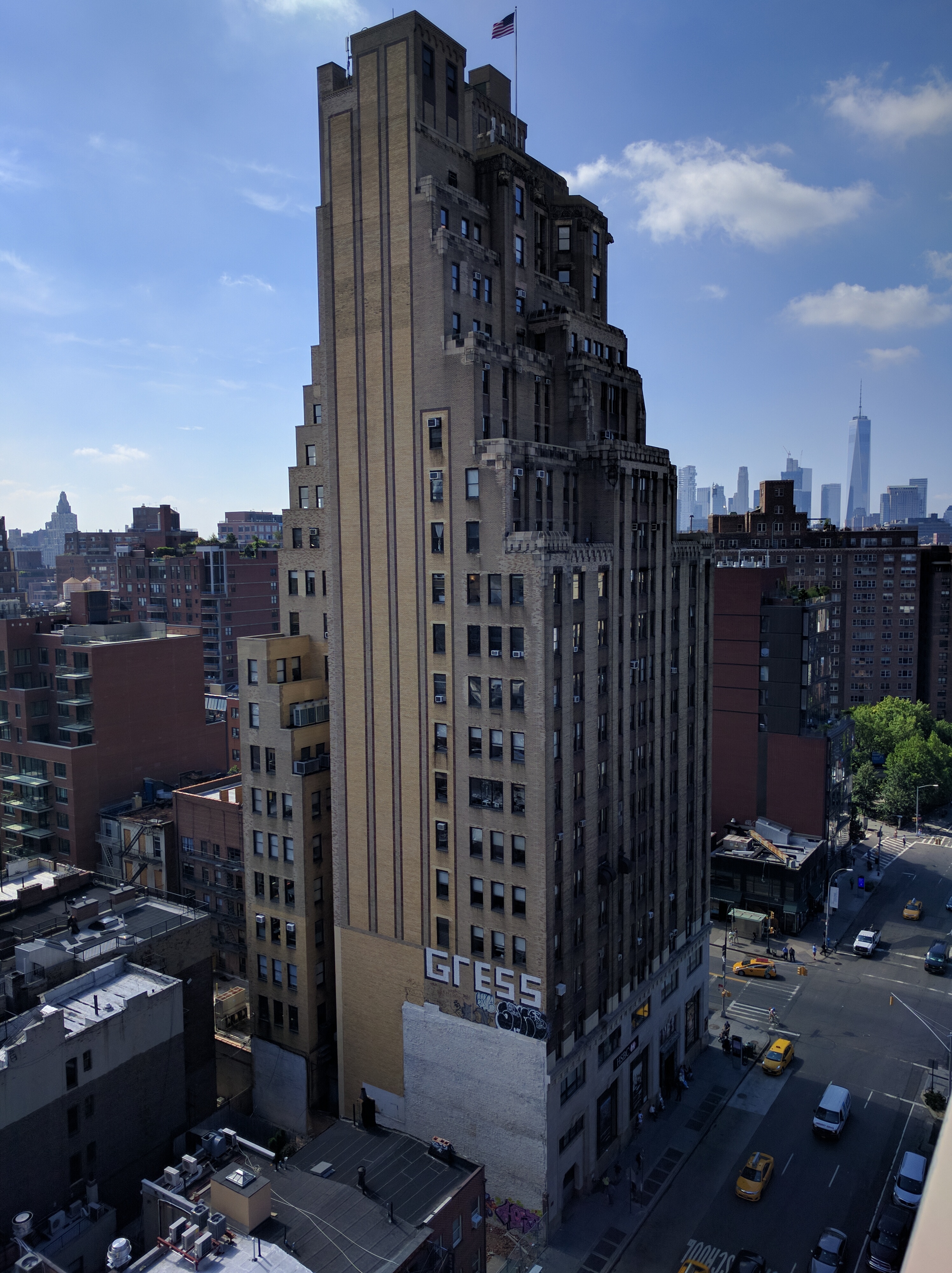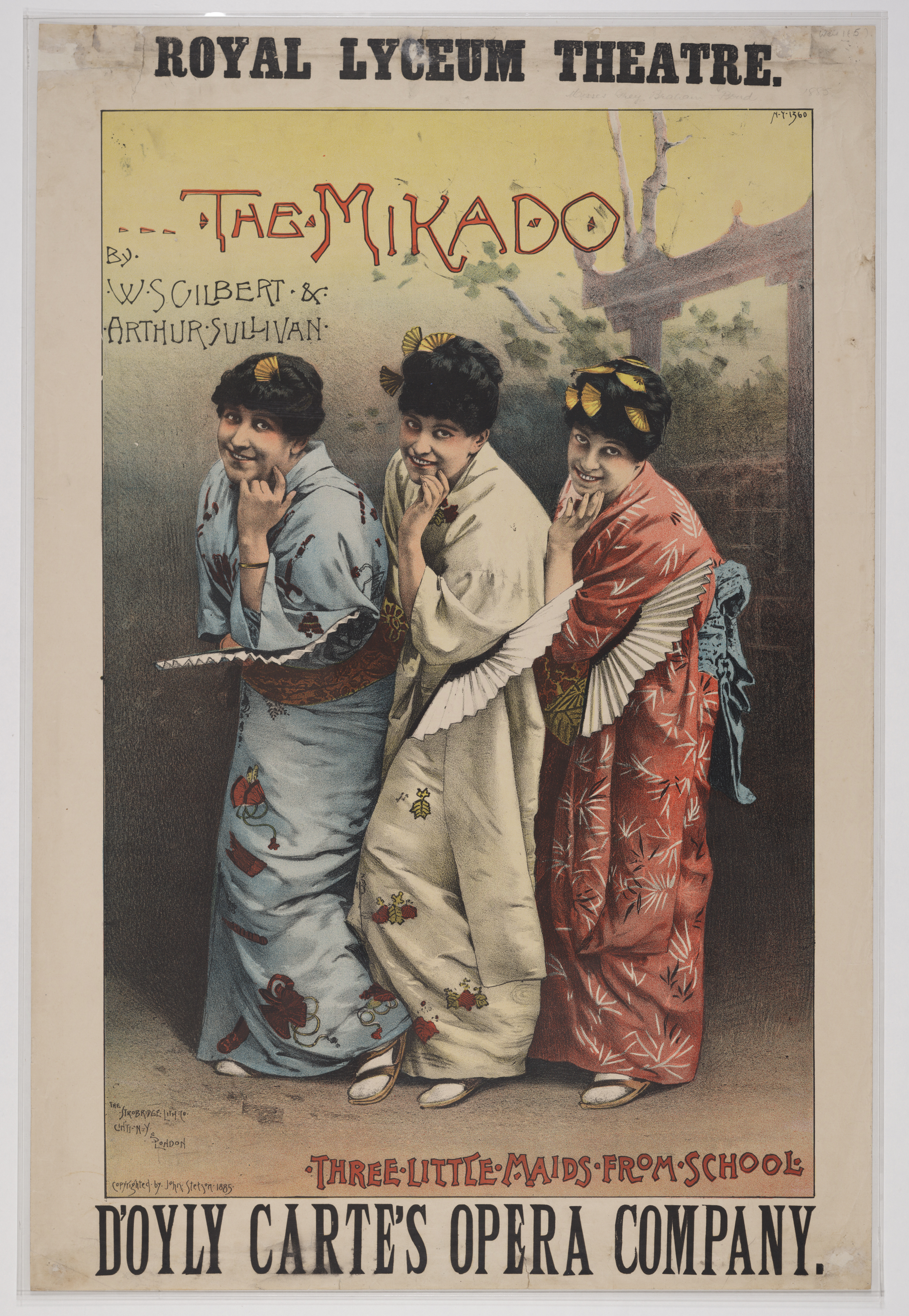|
Alphabetical Africa
''Alphabetical Africa'' is a constrained writing experiment by Walter Abish. It is written in the form of a novel. Writing in ''Esquire (magazine), Esquire'', Harold Bloom put it on a list of 20th century novels that will endure. A paperback edition was issued in New York by New Directions Publishing in 1974 with . It was still in print in 2004. The Constraint The writing is restricted by a pseudo-alliteration, alliterative rule: the first chapter contains only words starting with the letter ''a'', the second chapter only words starting with ''a'' or ''b'', etc.; each subsequent chapter adds the next letter in the alphabet to the set of allowed word beginnings. This continues for the first 25 chapters, until at last Abish is (briefly) allowed to write without constraint. In the second half of the book, through chapter 52, letters are removed in the reverse order that they were added. Thus, ''z'' words disappear in chapter 27, ''y'' in chapter 28, etc... Errors Readers h ... [...More Info...] [...Related Items...] OR: [Wikipedia] [Google] [Baidu] |
Walter Abish
Walter Abish (December 24, 1931 – May 28, 2022) was an Austrian-born American author of experimental novels and short stories. He was conferred the PEN/Faulkner Award for Fiction in 1981 and was awarded a MacArthur Fellowship six years later. Early life Abish was born in Vienna on December 24, 1931. His family was Austrian Jews, Jewish. His father, Adolph, worked as a perfumer; his mother was Friedl (Rubin). At a young age, he fled with his family from the Nazism, Nazis, traveling first to Italy and Nice before living in Shanghai from 1940 to 1949. In 1949, they relocated to Israel, where Abish served in the army and developed an interest in writing. He settled in the United States in 1957 and became an American citizen three years later. Career Abish published his first novel, ''Alphabetical Africa'', in 1974. The book, whose first and last chapters employ only words starting with the letter "A", was characterized by Richard Howard in ''The New York Times Book Review'' as "so ... [...More Info...] [...Related Items...] OR: [Wikipedia] [Google] [Baidu] |
Postmodern Literature
Postmodern literature is a form of literature that is characterized by the use of metafiction, unreliable narration, self-reflexivity, intertextuality, and which often thematizes both historical and political issues. This style of experimental literature emerged strongly in the United States in the 1960s through the writings of authors such as Kurt Vonnegut, Thomas Pynchon, William Gaddis, Philip K. Dick, Kathy Acker, and John Barth. Postmodernists often challenge authorities, which has been seen as a symptom of the fact that this style of literature first emerged in the context of political tendencies in the 1960s.Linda Hutcheon (1988) ''A Poetics of Postmodernism.'' London: Routledge, pp. 202-203. This inspiration is, among other things, seen through how postmodern literature is highly self-reflexive about the political issues it speaks to. Precursors to postmodern literature include Miguel de Cervantes’ ''Don Quixote'' (1605–1615), Laurence Sterne’s ''Tristram Shandy' ... [...More Info...] [...Related Items...] OR: [Wikipedia] [Google] [Baidu] |
New Directions Publishing
New Directions Publishing Corp. is an independent book publishing company that was founded in 1936 by James Laughlin and incorporated in 1964. Its offices are located at 80 Eighth Avenue in New York City. History New Directions was born in 1936 of Ezra Pound's advice to the young James Laughlin, then a Harvard University sophomore, to "do something useful" after finishing his studies at Harvard. The first projects to come out of New Directions were anthologies of new writing, each titled ''New Directions in Poetry and Prose'' (until 1966's ''NDPP 19''). Early writers incorporated in these anthologies include Dylan Thomas, Marianne Moore, Wallace Stevens, Thomas Merton, Denise Levertov, James Agee, and Lawrence Ferlinghetti. New Directions later broadened their focus to include writing of all genres, representing not only American writing, but also a considerable amount of literature in translation from modernist authors around the world. New Directions also published the ea ... [...More Info...] [...Related Items...] OR: [Wikipedia] [Google] [Baidu] |
Constrained Writing
Constrained writing is a literary technique in which the writer is bound by some condition that forbids certain things or imposes a pattern. Constraints are very common in poetry, which often requires the writer to use a particular verse form. Description Constraints on writing are common and can serve a variety of purposes. For example, a text may place restrictions on its vocabulary, e.g. Basic English, E-Prime, copula-free text, defining vocabulary for dictionaries, and other limited vocabularies for teaching English as an additional language, English as a second language or to children. In poetry, formal constraints abound in both mainstream and experimental work. Familiar elements of poetry like rhyme and Meter (poetry), meter are often applied as constraints. Well-established verse forms like the sonnet, sestina, villanelle, Limerick (poetry), limerick, and haiku are variously constrained by meter, rhyme, repetition, length, and other characteristics. Outside of establish ... [...More Info...] [...Related Items...] OR: [Wikipedia] [Google] [Baidu] |
Novel
A novel is a relatively long work of narrative fiction, typically written in prose and published as a book. The present English word for a long work of prose fiction derives from the for "new", "news", or "short story of something new", itself from the la, novella, a singular noun use of the neuter plural of ''novellus'', diminutive of ''novus'', meaning "new". Some novelists, including Nathaniel Hawthorne, Herman Melville, Ann Radcliffe, John Cowper Powys, preferred the term "romance" to describe their novels. According to Margaret Doody, the novel has "a continuous and comprehensive history of about two thousand years", with its origins in the Ancient Greek and Roman novel, in Chivalric romance, and in the tradition of the Italian renaissance novella.Margaret Anne Doody''The True Story of the Novel'' New Brunswick, NJ: Rutgers University Press, 1996, rept. 1997, p. 1. Retrieved 25 April 2014. The ancient romance form was revived by Romanticism, especially the histori ... [...More Info...] [...Related Items...] OR: [Wikipedia] [Google] [Baidu] |
Esquire (magazine)
''Esquire'' is an American men's magazine. Currently published in the United States by Hearst Communications, it also has more than 20 international editions. Founded in 1933, it flourished during the Great Depression and World War II under the guidance of founders Arnold Gingrich, David A. Smart and Henry L. Jackson while during the 1960s it pioneered the New Journalism movement. After a period of quick and drastic decline during the 1990s, the magazine revamped itself as a lifestyle-heavy publication under the direction of David Granger. History ''Esquire'' was first issued in October 1933 as an offshoot of trade magazine ''Apparel Arts'' (which later became '' Gentleman's Quarterly''; ''Esquire'' and ''GQ'' would share ownership for almost 45 years). The magazine was first headquartered in Chicago and then, in New York City. It was founded and edited by David A. Smart, Henry L. Jackson and Arnold Gingrich. Jackson died in the crash of United Airlines Flight 624 in 1948, ... [...More Info...] [...Related Items...] OR: [Wikipedia] [Google] [Baidu] |
Harold Bloom
Harold Bloom (July 11, 1930 – October 14, 2019) was an American literary critic and the Sterling Professor of Humanities at Yale University. In 2017, Bloom was described as "probably the most famous literary critic in the English-speaking world." Following the publication of his first book in 1959, Bloom wrote more than 50 books, including over 40 books of literary criticism, several books discussing religion, and a novel. During his lifetime, he edited hundreds of anthologies concerning numerous literary and philosophical figures for the Chelsea House publishing firm. Bloom's books have been translated into more than 40 languages. Bloom was elected to the American Philosophical Society in 1995. Bloom was a defender of the traditional Western canon at a time when literary departments were focusing on what he derided as the "school of resentment" ( multiculturalists, feminists, Marxists, and others). He was educated at Yale University, the University of Cambridge, and Co ... [...More Info...] [...Related Items...] OR: [Wikipedia] [Google] [Baidu] |
Alliteration
Alliteration is the conspicuous repetition of initial consonant sounds of nearby words in a phrase, often used as a literary device. A familiar example is "Peter Piper picked a peck of pickled peppers". Alliteration is used poetically in various languages around the world, including Arabic, Irish, German, Mongolian, Hungarian, American Sign Language, Somali, Finnish, Icelandic. Historical use The word ''alliteration'' comes from the Latin word ''littera'', meaning "letter of the alphabet". It was first coined in a Latin dialogue by the Italian humanist Giovanni Pontano in the 15th century. Alliteration is used in the alliterative verse of Old English, Old Norse, Old High German, Old Saxon, and Old Irish. It was an important ingredient of the Sanskrit shlokas. Alliteration was used in Old English given names. This is evidenced by the unbroken series of 9th century kings of Wessex named Æthelwulf, Æthelbald, Æthelberht, and Æthelred. These were followed in the 10th ... [...More Info...] [...Related Items...] OR: [Wikipedia] [Google] [Baidu] |
How German Is It
''How German Is It (Wie Deutsch ist es)'' is a novel by Walter Abish, published in 1980. It received PEN/Faulkner Award for Fiction in 1981. It is most often classified as a postmodern work of fiction. The novel revolves around the Hargenau brothers, Ulrich and Helmut, and their lives in and around the fictional German town of Wurtenburg. Plot The Hargenaus were once a noble and revered family. Now the two remaining brothers, the writer Ulrich and the architect Helmut (in suhrkamp 1986: Helmuth), must reconcile their private pasts with that of their history as a whole. They are getting spied upon, bombs go off in buildings designed by Helmut, and through all this, the reality of what really went on during World War II is slowly uncovered. Narrative structure The book's narrative structure features internal monologues and different authorial viewpoints by many of the characters. Thus, different issues are addressed from different perspectives. The main protagonist is Ulrich, who is ... [...More Info...] [...Related Items...] OR: [Wikipedia] [Google] [Baidu] |
1974 American Novels
Major events in 1974 include the aftermath of the 1973 oil crisis and the resignation of President of the United States, United States President Richard Nixon following the Watergate scandal. In the Middle East, the aftermath of the 1973 Yom Kippur War determined politics; following List of Prime Ministers of Israel, Israeli Prime Minister Golda Meir's resignation in response to high Israeli casualties, she was succeeded by Yitzhak Rabin. In Europe, the Turkish invasion of Cyprus, invasion and occupation of northern Cyprus by Turkey, Turkish troops initiated the Cyprus dispute, the Carnation Revolution took place in Portugal, and Chancellor of Germany, Chancellor of West Germany Willy Brandt resigned following an Guillaume affair, espionage scandal surrounding his secretary Günter Guillaume. In sports, the year was primarily dominated by the 1974 FIFA World Cup, FIFA World Cup in West Germany, in which the Germany national football team, German national team won the championshi ... [...More Info...] [...Related Items...] OR: [Wikipedia] [Google] [Baidu] |






